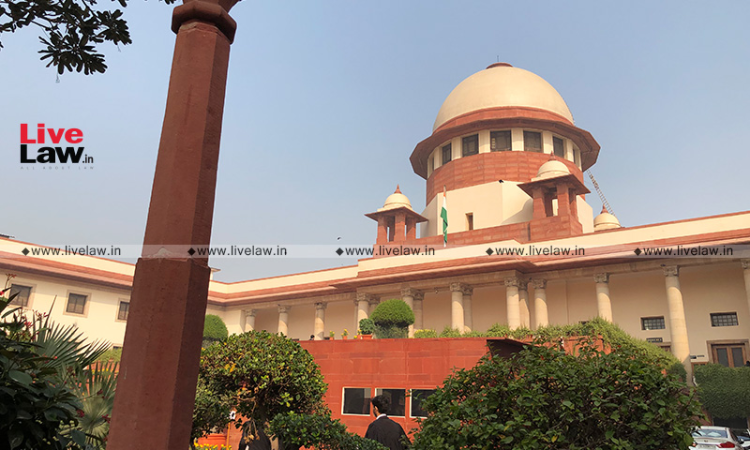Supreme Court Issues Notice On PIL Seeking To Ensure Food Security For Refugees & Asylum Seekers
Mehal Jain
29 Nov 2021 3:41 PM IST

Next Story
29 Nov 2021 3:41 PM IST
The Supreme Court on Monday issued notice to the Centre and several states on the PIL seeking to ensure food security for all refugees and asylum seekers, including the communities of Chin Burmese, the Afghans, the Rohingya, the Iraqi and those from Congo, Somalia, Sudan, Iran, Palestine and Cameroon.The bench of Justices D. Y. Chandrachud and A. S. Bopanna was hearing the petition by...
